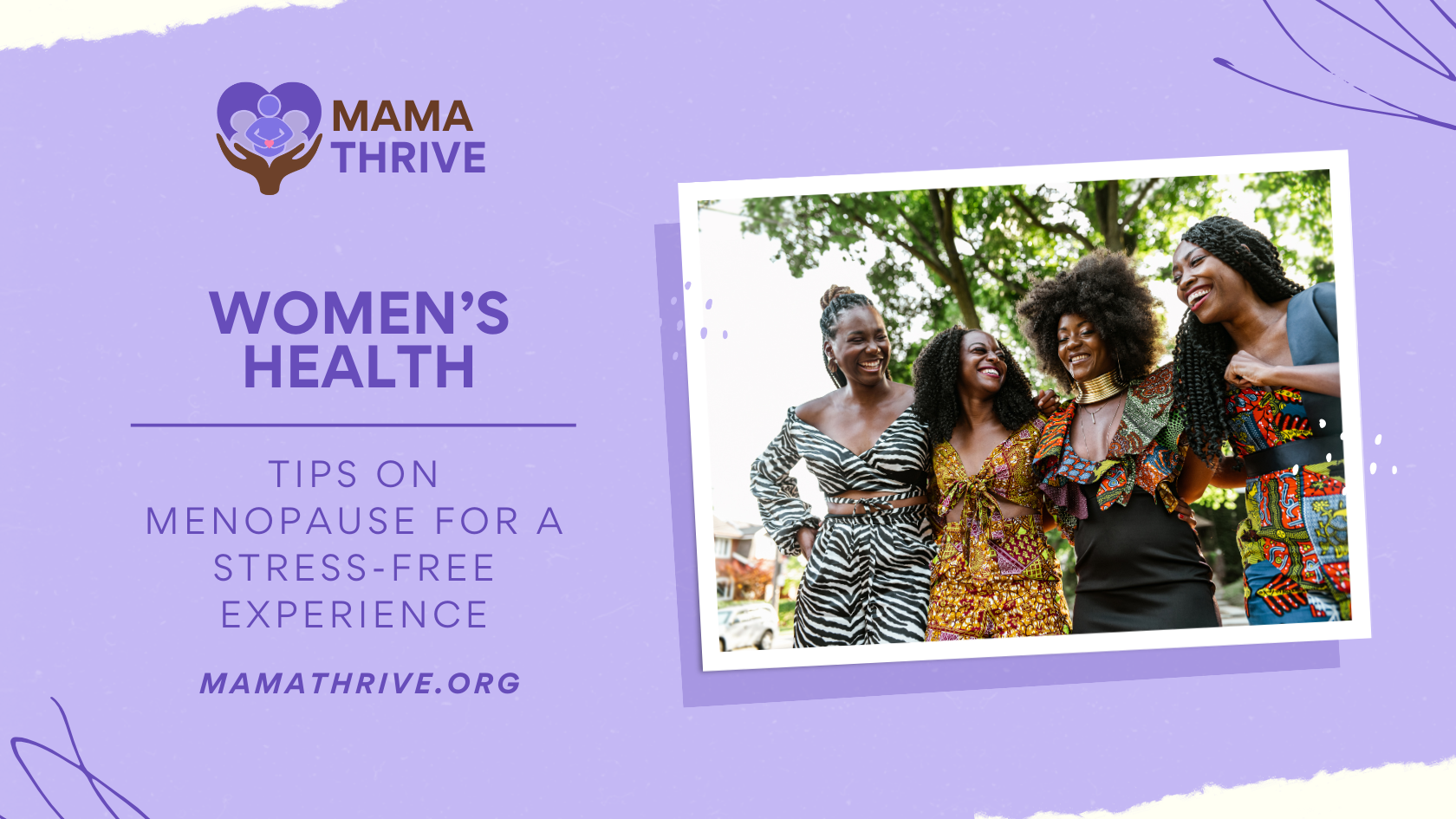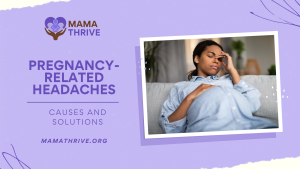March, celebrated as Women’s History Month, is a perfect time to spotlight health issues that uniquely affect women, with menopause being a significant phase in a woman’s life. Menopause marks the end of a woman’s reproductive years, typically occurring in the late 40s to early 50s. While it is a natural biological process, the transition can come with a variety of physical and emotional symptoms, from hot flashes to mood swings. However, with the right information and support, navigating this phase can be a stress-free experience. Drawing upon reliable sources, we’ve compiled a list of tips on menopause to help ease the journey.
Understanding Menopause
Menopause is a significant milestone in a woman’s life, marking the end of her reproductive years. This transition occurs when the ovaries cease to produce hormones such as estrogen and progesterone, which regulate menstruation and ovulation. Menopause is clinically diagnosed after a woman has gone 12 consecutive months without a menstrual period, signaling the permanent cessation of fertility.
The Stages of Menopausal Transition
1. Perimenopause: This stage precedes menopause, often beginning several years before menopause itself. During perimenopause, the production of estrogen and progesterone by the ovaries becomes more erratic, leading to changes in menstrual cycles and the onset of menopausal symptoms. Although fertility decreases, pregnancy is still possible during this time. Symptoms experienced can include menstrual irregularity, hot flashes, night sweats, sleep disturbances, mood swings, and changes in sexual function. The duration of perimenopause can vary but typically lasts from a few months to several years.
2. Menopause: The point in time when a woman has not had a menstrual cycle for 12 months. By this stage, the ovaries have significantly reduced their production of estrogen and progesterone. The lack of these hormones brings about the end of menstrual periods and fertility.
3. Postmenopause: This phase follows menopause and lasts for the rest of a woman’s life. Postmenopausal women are at increased risk for certain health conditions such as osteoporosis, heart disease, and changes in vaginal health due to decreased estrogen levels. It’s crucial for women in this stage to closely monitor their health with regular medical check-ups.
Variability in Age and Experience
The World Health Organization (WHO) states that the average age of menopause is 51 worldwide, yet there’s considerable variability among individuals and across different populations. Factors such as genetics, health conditions, and lifestyle choices can influence the timing of menopause. For example, smoking has been linked to earlier onset of menopause, while factors such as race and ethnicity can also play a role in determining when menopause begins.
Tips on Menopause Management
1. Embrace Mindfulness and Meditation
Research underscores the effectiveness of mindfulness and meditation in managing menopausal symptoms. It is found that mindfulness meditation could significantly reduce the intensity of hot flashes and improve sleep quality, mood, and overall quality of life among menopausal women. Techniques such as deep breathing, yoga, and tai chi not only promote relaxation but also have been shown to lower blood pressure and improve cardiovascular health, which can be of particular concern during the menopausal transition.
Clinical trials have demonstrated that women who engage in regular mindfulness practices report up to a 58% reduction in the severity of their symptoms. Furthermore, yoga, a practice combining physical postures with breathing techniques and meditation, has been beneficial in reducing insomnia and mood disturbances associated with menopause.

2. Explore Herbal Supplements
Another one of the tips on menopause is herbal supplements. The use of herbal supplements like black cohosh, red clover, and evening primrose oil has gained attention for their potential to alleviate menopausal symptoms. For example black cohosh could provide relief from hot flashes and night sweats. However, results are mixed, and the effectiveness can vary widely among individuals.
Despite their natural origin, herbal supplements can interact with prescription medications and may not be suitable for all women, particularly those with specific health conditions. The North American Menopause Society advises caution and recommends consulting a healthcare provider before starting any supplement regimen.
3. Incorporate Phytoestrogens in Your Diet
Phytoestrogens mimic estrogen’s effects in the body, potentially easing menopausal symptoms. Research has shown that populations consuming a diet high in phytoestrogens, such as in Japan, report lower instances of menopausal symptoms compared to Western populations. Foods such as soybeans, flaxseeds, and sesame seeds are rich in phytoestrogens. Women who included soy products in their diet experienced a significant reduction in the frequency and severity of hot flashes. Another study indicated that flaxseed consumption could improve mood, reduce hot flash frequency, and improve vaginal dryness.
4. Stay Cool and Comfortable
Hot flashes are one of the most common symptoms of menopause, affecting approximately 75% of menopausal women. A study published by the journal of The North American Menopause Society, found that women who used strategies to keep cool, especially during the night, reported a significant reduction in the frequency and severity of hot flashes. Lightweight and breathable clothing can help manage body temperature fluctuations. Additionally postmenopausal women revealed that those who used cooling pillows or mattress pads reported better sleep quality and fewer disruptions due to night sweats.
5. Strengthen Your Pelvic Floor
Urinary incontinence affects more than 50% of postmenopausal women. Pelvic floor muscle training, or Kegel exercises, have been proven to be effective in strengthening the pelvic floor muscles and improving symptoms of incontinence. Women who engaged in pelvic floor muscle training experienced significant improvements in urinary incontinence symptoms compared to those who did not. The exercises are simple to perform, can be done anywhere, and have no adverse side effects, making them an excellent strategy for managing menopausal changes in pelvic health.
Learn how you can get affordable prenatal care.
6. Optimize Your Sleep Environment
Menopausal symptoms, particularly hot flashes and night sweats, can significantly impact sleep quality. Approximately 50-60% of menopausal women have sleep disturbances compared to 33% of women of the same age who are not undergoing menopause. Techniques to optimize the sleep environment, such as reducing bedroom temperature, using breathable bedding, and minimizing light and noise, can significantly improve sleep quality. Establishing a regular bedtime routine and avoiding stimulants like caffeine and heavy meals before bedtime were effective in enhancing sleep quality among menopausal women.
7. Consider Acupuncture
Acupuncture, a key component of traditional Chinese medicine, has gained recognition in Western medicine for its potential benefits in managing menopausal symptoms. Data from multiple studies have found that acupuncture significantly reduced the frequency and severity of hot flashes among menopausal women. Also, improvements in sleep quality and mood in women who received acupuncture treatment, attributing these benefits to the regulation of neuroendocrine factors and promotion of relaxation.Up to 70% of women seeking alternative treatments for menopausal symptoms have tried acupuncture, with many reporting a noticeable improvement in their quality of life.
8. Focus on Omega-3 Fatty Acids
Omega-3 fatty acids have been extensively studied for their health benefits, particularly in cardiovascular health and inflammatory conditions. Research indicates that omega-3s may also play a role in alleviating menopausal symptoms. Women who consumed higher amounts of omega-3 fatty acids experienced milder frequency and severity of hot flashes and night sweats compared to those with lower intake levels. Furthermore, omega-3s have been associated with a reduced risk of developing heart disease, which is particularly important as menopausal women face an increased risk of cardiovascular issues. With heart disease being a leading cause of death for women aged 50 and older, incorporating omega-3-rich foods into the diet is a recommended strategy for health maintenance during and after menopause.
Learn more about tips for women over 50.
To sum it up…
Navigating through menopause doesn’t have to be a daunting journey. By embracing a holistic approach that encompasses both traditional and alternative therapies, dietary modifications, and the power of social support, women can significantly alleviate menopausal symptoms and enhance their overall well-being. Mindfulness and meditation practices offer a refuge from stress and mood swings, while acupuncture presents an ancient solution with modern-day evidence supporting its efficacy in reducing hot flashes and improving sleep. The role of diet, particularly the inclusion of omega-3 fatty acids, underscores the importance of nutrition in managing symptoms and supporting heart health during this transitional period.





